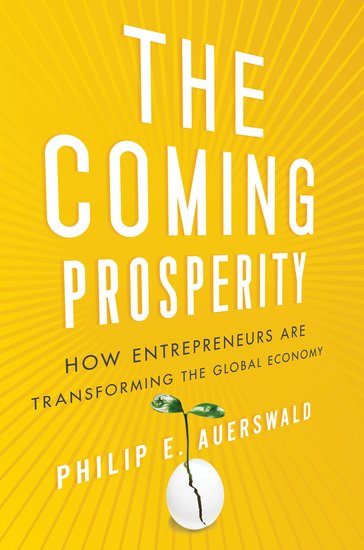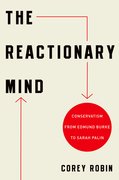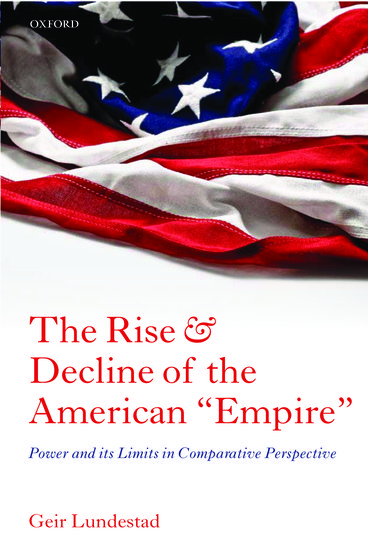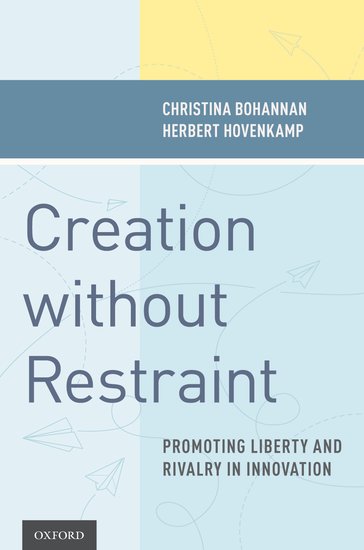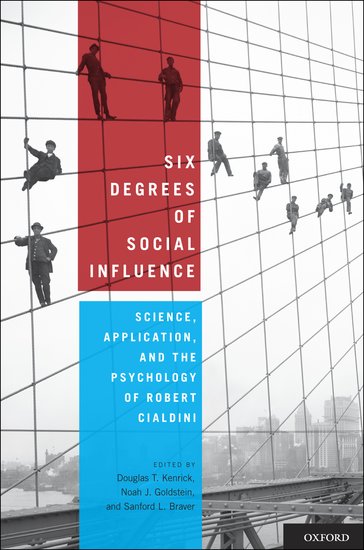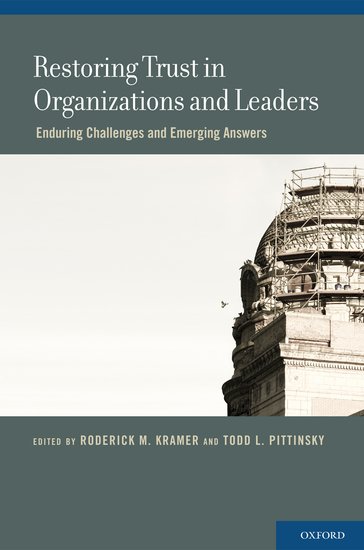How will America pay for long-term care?
As Democrats and Republicans continue to fight over the future of American health care, we must ask: How are we paying for it now? Should open-ended Medicare coverage be replaced with a selection of private insurers? Should Medicare subscribers be paying higher premiums? We sat down with Richard Frank, Professor of Health Economics at Harvard University and a Research Associate at the National Bureau of Economic Research (NBER), to discuss the current state of long term care coverage.



